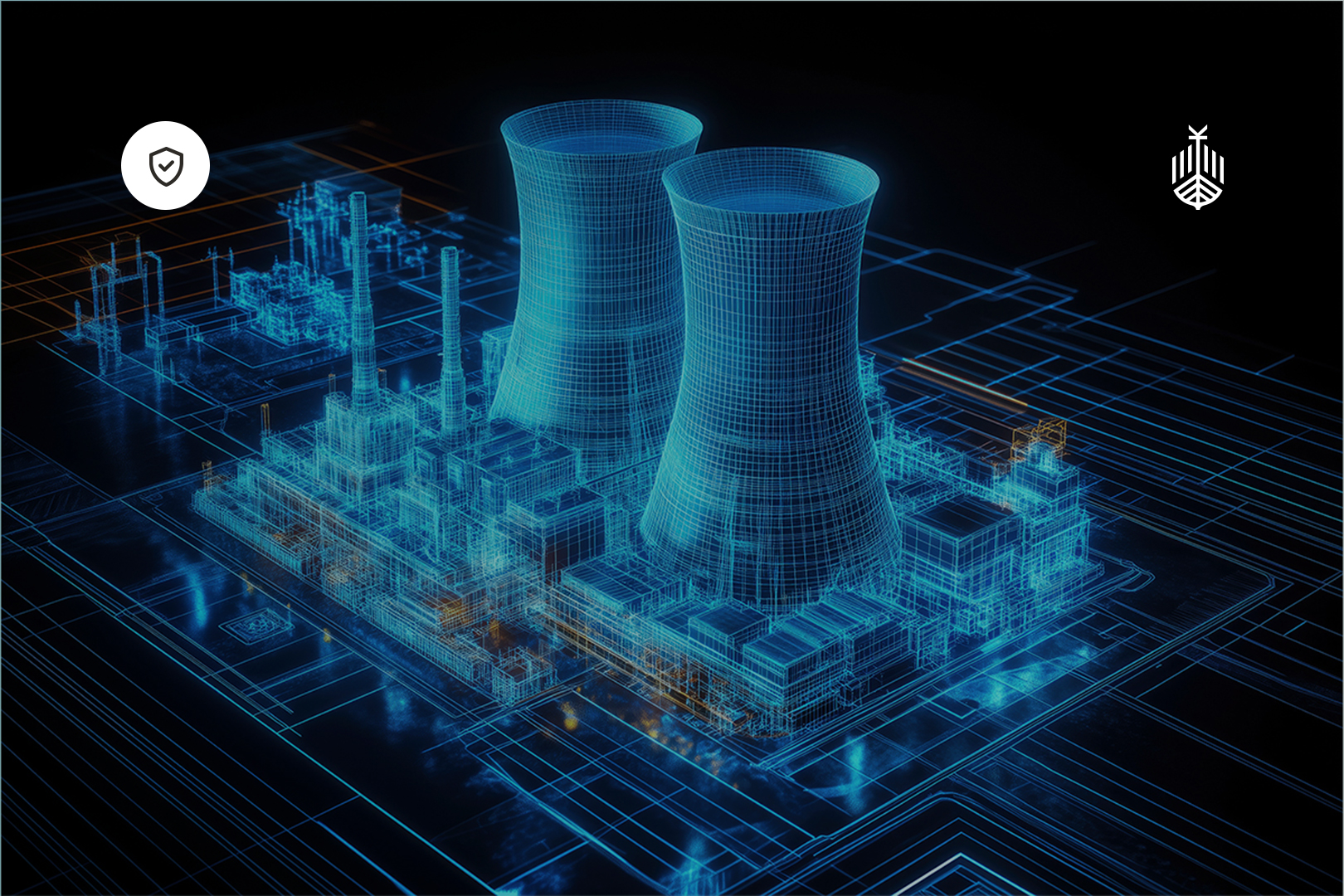The landscape of modern warfare has undergone a profound transformation, significantly influenced by rapid technological advancements. Among these advancements, drones have emerged as a revolutionary force, reshaping the strategies and outcomes of military conflicts. Ukraine's strategic initiative to establish a dedicated branch for autonomous systems, particularly drones, underscores these unmanned systems' critical role in contemporary combat scenarios. This move not only highlights Ukraine's innovative approach to its ongoing conflict but also signals a significant shift in the global military landscape, marking the advent of a new era where technology, especially drone technology, is at the forefront of warfare.
The Dawn of a New Military Era
Establishing an “Unmanned Systems Force” by Ukrainian President Volodymyr Zelensky represents a significant milestone in evolving military operations worldwide. Once considered auxiliary tools primarily for reconnaissance and achieving minor tactical advantages, drones have become central to Ukraine's defense strategy against aggression. Their effectiveness in surveillance, direct attacks, and disrupting enemy operations across land, sea, and air domains has enhanced Ukraine's defensive capabilities and served as a model for asymmetric warfare. This strategic use of drones offers a blueprint for leveraging technology against conventionally superior forces, showcasing drones' potential to alter modern warfare's dynamics.

Global Military Reassessment
Ukraine's successful deployment of drones in combat scenarios has led military forces around the globe to reevaluate their strategic priorities and defense investments. Drones' ability to significantly alter the dynamics of engagement without risking human lives has made them an increasingly attractive option for many countries. This development has triggered a global surge in the development, acquisition, and deployment of unmanned aerial vehicles (UAVs) for military purposes. Nations worldwide strive to replicate Ukraine's tactical advantages with drones or develop effective countermeasures to maintain strategic parity.
Democratization of Military Power
Perhaps one of the most profound impacts of the drone revolution is the democratization of military power it has facilitated. Drones allow smaller or technologically less advanced nations to project power and defend themselves effectively against larger adversaries. The relatively low cost and accessibility of drone technology, compared to traditional military hardware, enables even non-state actors and insurgent groups to be able to access sophisticated means of warfare. This shift has the potential to level the playing field in conflicts where conventional military strength and numbers would otherwise dictate the terms of engagement, altering the global power dynamics in unforeseen ways.
The Future of Drone Warfare
The global impact of Ukraine's drone revolution is only beginning to unfold. As military forces worldwide continue to integrate drones into their arsenals, the nature of warfare is set to evolve further. The increased reliance on unmanned systems will likely accelerate the development of counter-drone technologies and strategies, leading to an ongoing innovation cycle in military tactics and defense mechanisms. This dynamic environment suggests that future military strategies will increasingly rely on technological superiority, with drones playing a pivotal role in shaping conflict outcomes.
Ukraine's pioneering use of drones in its conflict has not only reshaped its military strategy but also set a precedent for the rest of the world. The global shift towards unmanned systems in warfare represents a significant evolution in military doctrine, with far-reaching implications for future conflicts. As nations adapt to this new paradigm, warfare's strategic, ethical, and legal landscapes will continue to evolve, marking the dawn of a new era in military history.

Historical Context and Technological Evolution
Using unmanned aerial vehicles (UAVs) in military operations is not new. Still, the scale and sophistication of drone use has evolved dramatically over the past few decades. Initially developed for reconnaissance and surveillance, drones have become increasingly versatile, capable of carrying out precision strikes, gathering intelligence, and even conducting electronic warfare. Ukraine's recent initiative to establish a dedicated "Unmanned Systems Force" is a testament to the strategic importance of drones in modern warfare, reflecting a broader global trend towards integrating advanced technologies into military strategies.
Strategic Implications of Drone Warfare
The strategic implications of drone warfare are profound and far-reaching. Drones offer a combination of stealth, precision and flexibility unmatched by traditional military assets. In the context of Ukraine's conflict, drones have provided a significant advantage in monitoring enemy movements, targeting key assets, and disrupting supply lines without risking human lives. This capability has been crucial in defending against a conventionally superior adversary and has demonstrated the potential of drones to alter the balance of power in asymmetric conflicts.
Globally, the success of drones in Ukraine has prompted a reassessment of military priorities. Nations increasingly invest in drone technology, recognizing its potential to provide a tactical edge. The proliferation of drones will likely accelerate the development of anti-drone systems, leading to an arms race in unmanned warfare technology. This dynamic underscores the changing nature of military engagements, where technological superiority can significantly influence conflict outcomes.
Ethical and Legal Considerations
The increasing use of drones in military operations brings various ethical and legal challenges to the forefront. The ability to conduct strikes remotely can lead to a detachment from the realities of war, potentially making it easier to engage in conflict without fully considering the consequences. Moreover, the risk of civilian casualties and the impact on non-combatants raise serious humanitarian concerns. The international community is grappling with these issues, seeking to develop legal frameworks and ethical guidelines to keep pace with technological advancements.
Looking Ahead
As we look to the future, drones will continue to play a pivotal role in military strategies. Drone technology's ongoing innovation, including advancements in autonomy, stealth, and payload capacity, will further enhance their effectiveness in combat. However, as nations seek to protect themselves against the growing threat of drone attacks, sophisticated countermeasures will also be necessary.
Ukraine's drone revolution has a global impact beyond its immediate tactical advantages. It has sparked a broader conversation about the future of warfare, the ethical implications of unmanned combat, and the need for international cooperation to manage the challenges posed by this technology. As drones become increasingly integrated into military arsenals worldwide, warfare's strategic, ethical, and legal landscapes will continue to evolve.
Ukraine's strategic embrace of drones has not only transformed its approach to military engagement but also set a new precedent for global warfare. This pioneering move reflects a broader shift towards integrating technology in defense strategies, underscoring the critical role unmanned systems now play in the dynamics of modern conflict. The evolution of drone warfare heralds a new era in military history, characterized by rapid technological innovation, shifting power dynamics, and evolving ethical and legal standards.
As nations adapt to this emerging paradigm worldwide, warfare's strategic, ethical, and legal landscapes are poised for profound changes. The drone revolution, exemplified by Ukraine's innovative use of unmanned systems, challenges traditional notions of military engagement, offering both opportunities and dilemmas. This shift towards unmanned systems in warfare signifies a significant evolution in military doctrine and has far-reaching implications for future conflicts, international security, and global power dynamics.
The journey of integrating drones into military arsenals is just beginning, with the potential to reshape the nature of warfare in ways yet to be fully understood. The global response to Ukraine's initiative will undoubtedly influence the development of new military tactics, defense mechanisms, and international norms. As the world grapples with the complexities introduced by drone warfare, the lessons learned from Ukraine's experience will undoubtedly inform the strategic decisions of nations for years to come, marking a pivotal moment in the annals of military history.














